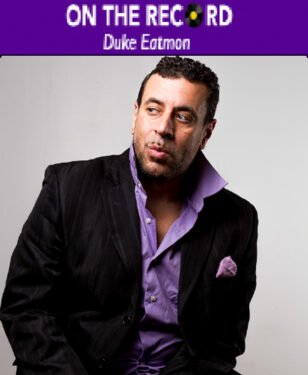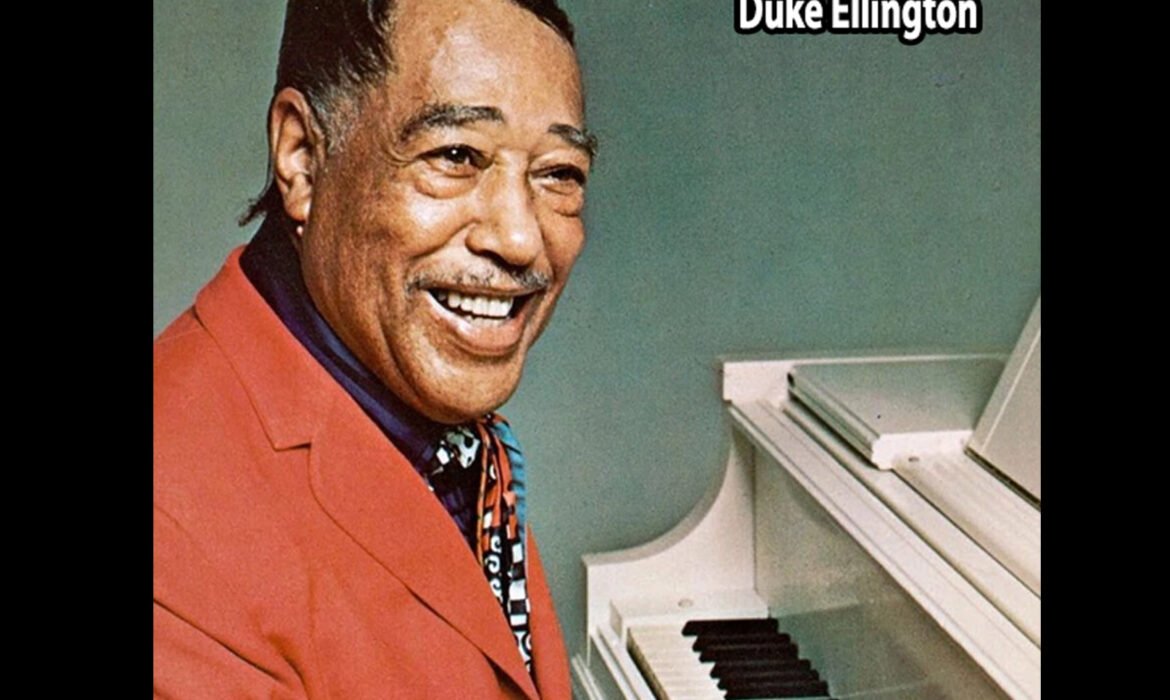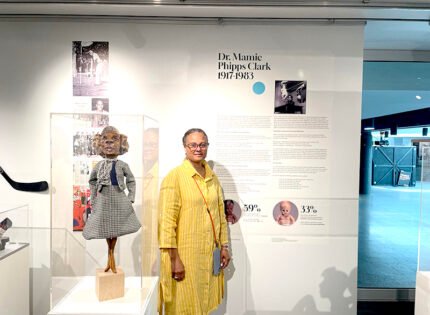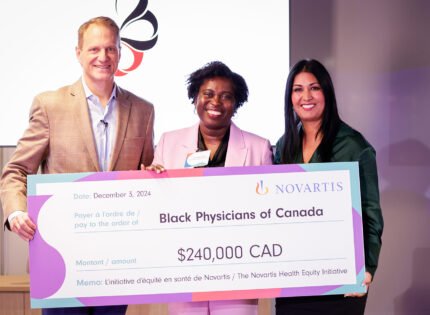 In the last issue of The Montreal Community Contact, I spoke about all the great shows coming up later this month at The Montreal International Jazz Festival.
In the last issue of The Montreal Community Contact, I spoke about all the great shows coming up later this month at The Montreal International Jazz Festival.
As I mentioned, the 2022 list is easily the biggest lineup of Black artists ever in the festival’s history. Most of the shows this year are free to boot. This part of the fest is a welcoming offer after the financial dredge of covid over the past two years.
However, some readers might have been confused by some of the performers that I listed in the line up.
Funk, folk, rock, pop, hip-hop and new wave artists are all part of this year’s lineup at the fest as in so many previous years.
Past historical acts in the festival’s illustrious
history have included soul acts like: James Brown, Aretha Franklin and Al Green. Legendary hip-hop acts like Public Enemy and Wu-Tang Clan have all graced stages to sold-out crowds at the festival. Robert Plant of Led Zeppelin even opened the festival in 2011 with a reunion of his pre Zeppelin days when Band Of Joy, a blues/rock outfit which also included the now deceased John Bonham of Led Zeppelin, rocked the festival in a memorable performance.
Of course, who could forget that same year, Prince played two straight nights at a sold-out Metropolis with the second night beginning at midnight and ending at 4am, reportedly the longest concert he ever gave.
This writer was there that night in the front row with my kids, including my son who was sitting on my shoulders with his kid sized Stratocaster electric guitar in tow. Prince would point to my son and dedicate the solo in “Purple Rain” to him to close off the night.
But where’s al the jazz in this you ask.
Well, it’s always been there. Giants like; Miles Davis, Dizzy Gillespie, Elle Fitzgerald, Max Roach and Herbie Hancock have all wowed audiences in MTL during the festival over the years.
This year, more legends like Wynton Marsalis, Marcus Miller will be performing as will future legends; Keyon Harrold, Christian McBride, Kamasi Washington and Robert Glasper.
All the other musical genres represented at the fest are all off-springs of jazz anyway, blues and jazz.
Muddy Waters said in a song in the 70’s, The Blues Had A Baby And They Named It Rock And Roll”!
Jazz, what is it exactly. Well if can clearly define it, you probably don’t get it.
Miles Davis said jazz can be defined by two names; Duke Ellington and Louis Armstrong.
My father called it “The Classical Music For Black People”.
However, you may want to define it, one thing for sure, it’s the Black American
Experience in Song.
It definitely has its roots in the blues and juke joints.
It grew beyond that to incorporate other styles of music almost like a gumbo stew mix. There were certainly African musical influences in it which is the basis of the Mississippi delta blues tradition.
European classical music eventually found its way into the execution of jazz as it evolved from the smaller ensembles of Dixieland music or traditional jazz in the early part of the 20th century in New Orleans.
The big bands of New Orleans like that King Oliver And His Creole Jazz band from 1918 to 1937 of which a young cornet player Louis Armstrong got his first break in.
The term “Jazz” itself is somewhat mysterious in its etymology.
Two of the most widely regarded origin explanations are both sexual.
One being a slang word at the turn of the century “jazm” which meant a sort of pep or energy of the sexual nature, deriving itself from the term “jizz” or “jizzim”, slang words for “semen”.
Another being that Jazz was derived from a “Jezebel House” and pronounced “Jazzabel House” by residents of The Big Easy with New Orleans accents. Hence this was the style of music played in Houses Of Ill Repute.
Duke Ellington, the father of All American Music, was easily the most prolific jazz composer in history, having penned reportedly 10,000 compositions during his lengthy career from 1914 to 1974. The Duke Ellington Orchestra was a band you needed to play in order to graduate from the university of swing.
No one in history has
captured the Black
experience of the Trans-Atlantic slave and the history of Black people in the
Diaspora is ensuing years in song than The Duke.
Ellington’s “Black, Brown And Biege” opera composed for his 1946 concert at Carnegie Hall, is a must listen for Black people around the planet.
Ellington said that he had no problem with term “jazz” since it had been used for so long but that he just preferred to call it “music”. The Duke said that there were only 2 types of music anyway. “Good Music and Bad Music”.
In the 1940’s Black traditional jazz players like Dizzy Gillespie, Charlie Parker, Bud Powell, Max Roach, Charles Mingus and Thelonius Monk grew tired of the old idiom and wanted to
explore their African
musical roots further.
The result was “be-bop”! These musical revolutionaries pushed the boundaries of jazz and music even further. Dizzy Gillespie, although a Black American, loved music of South America, the West Indies and Cuba and married them into his music, making be-bop itself an even newer gumbo than the one conceived in Louisiana decades before.
Miles Dewey Davis III, born in 1926 in Alton Illinois, was a disciple of both Dizzy and Bird(Charlie Parker) but didn’t have the physical dexterity on his trumpet that Bird and
Dizzy had on sax and trumpet respectively.
So he mastered the art of “space” in his music and ushered in the era of what was known as “Cool Jazz” in the 1950’s. This would culminate in the most importance album ever in the history of jazz, 1959’s “Kinda Blue”, inspired by an African Ballet, Miles saw on television.
Miles would change jazz many times over seven decades. His chief disciple John Coltrane would change what we talk a saxophone could do, especially with his cosmic ode to God in the classic 1965 album “A Love Supreme”.
Miles would jump ahead even further in 1970 with another classic album “Bitches Brew” in 1970, which gave birth to “fusion” which melded jazz and rock.
Out of the fusion movement, we got more Miles disciples in Herbie Hancock and Chick Corea with the latter eventually returning to more acoustic traditional leanings and the former, a onetime electrical engineering student with a penchant for technology, incorporating synthesizers and computers in his music.
Hancock’s 1973 masterpiece album “Head Hunters” was the ultimate funk/jazz marriage. His 1983 hit-single “Rockit” with legendary Bronx hip-hop d.j. Grandmixer D.St. was one of the most important developments for rap music and hip-hop culture early on.
So now, after all this, now you try to “define” jazz!~
Talkin’ All That Jazz














